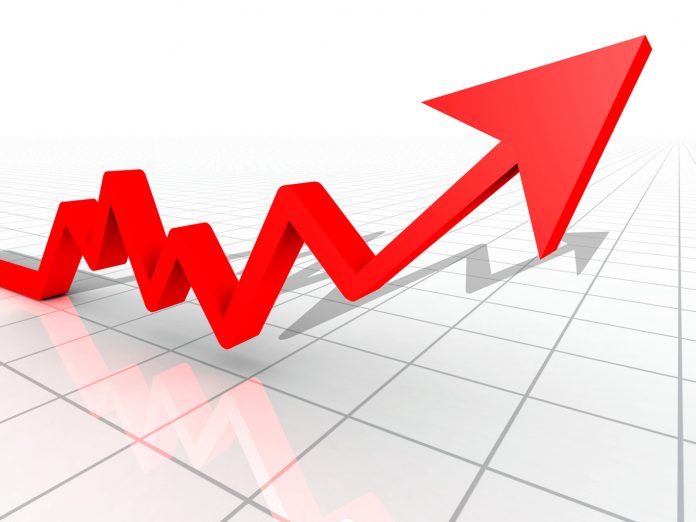…expert urges target-based stimulus packages
Nigeria’s inflation rate increased by 12.40 percent (year-on-year) in
May 2020. This is 0.06 percent points higher than the rate recorded in April 2020 (12.34) percent.
According to the food prices released by the National Bureau of Statistics (NBS), increases were recorded in all COICOP divisions that yielded the Headline index.
On month-on-month basis, the Headline index increased by 1.17 percent in May 2020, this is 0.15 percent rate higher than the rate recorded in April 2020 (1.02) percent.
Reacting to the statistics, Professor of Finance and capital markets at the Nasarawa State University and former Commissioner for Finance in Imo State, Prof. Uche Uwaleke said in order to rein-in the rising inflation, the federal government and the Central Bank of Nigeria (CBN) should ensure that stimulus packages are well targeted to productive sectors especially Agriculture. His reason is based on the fact that food inflation is the main challenge to the nation’s economy, according to the inflation figure.
The NBS report shows that inflation rose higher in rural areas compared to the rate of increase in urban areas and cities. The urban inflation rate increased by 13.03 percent (year-on-year) in May 2020 from 13.01 percent recorded in April 2020, while the rural inflation rate increased by 11.83 percent in May 2020 from 11.73 percent in April 2020.
On a month-on-month basis, the urban index rose by 1.18 percent in May 2020, up by 0.12 points from 1.06 percent recorded in April 2020, while the rural index also rose by 1.16 percent in May 2020, up by 0.18 points from the rate recorded in April 2020 (0.90 percent).
The corresponding twelve-month year-on-year average percentage change for the urban index is 12.36 percent in May 2020. This is higher than 12.26 percent reported in April 2020, while the corresponding rural inflation rate in May 2020 is 11.26 percent compared to 11.20 percent recorded in April 2020.
The percentage change in the average composite CPI for the twelve months period ending May 2020 over the average of the CPI for the previous twelve months period was 11.79 percent, showing 0.08 percent point from 11.71 percent recorded in April 2020.
Prof. Uwaleke said the CBN should worry that the core inflation rate, which has been single digit for many months, has now crossed the 10 percent psychological threshold.
“This development will certainly influence decisions around MPR going forward,” he predicted, adding noting that it doesn’t take much to predict that inflation rate will be too close to or even exceed the current MPR of 12.5% before the Monetary Policy Committee’s next scheduled meeting in July.
“Inflation rate above 12.5% would translate to negative real return which is inimical to attracting much-needed investments,” Uwaleke added.
The rise in inflation from 12.34 percent in April to 12.40% in May is indicative of the fact that the impact of the pandemic on the supply disruptions still lingers. The tepid rise in food inflation, the major influence on headline inflation, from 15.03% in April to 15.04% in May can be explained against the backdrop of weak demand occasioned by lockdowns in many cities as well as job losses in May.
The former commissioner of finance’s message to policy makers is that inflation rate is still on the rise unlike what obtains in many economies, including South Africa and Egypt, where inflationary pressure is moderating due to COVID’19-induced downturn in economic activities.


